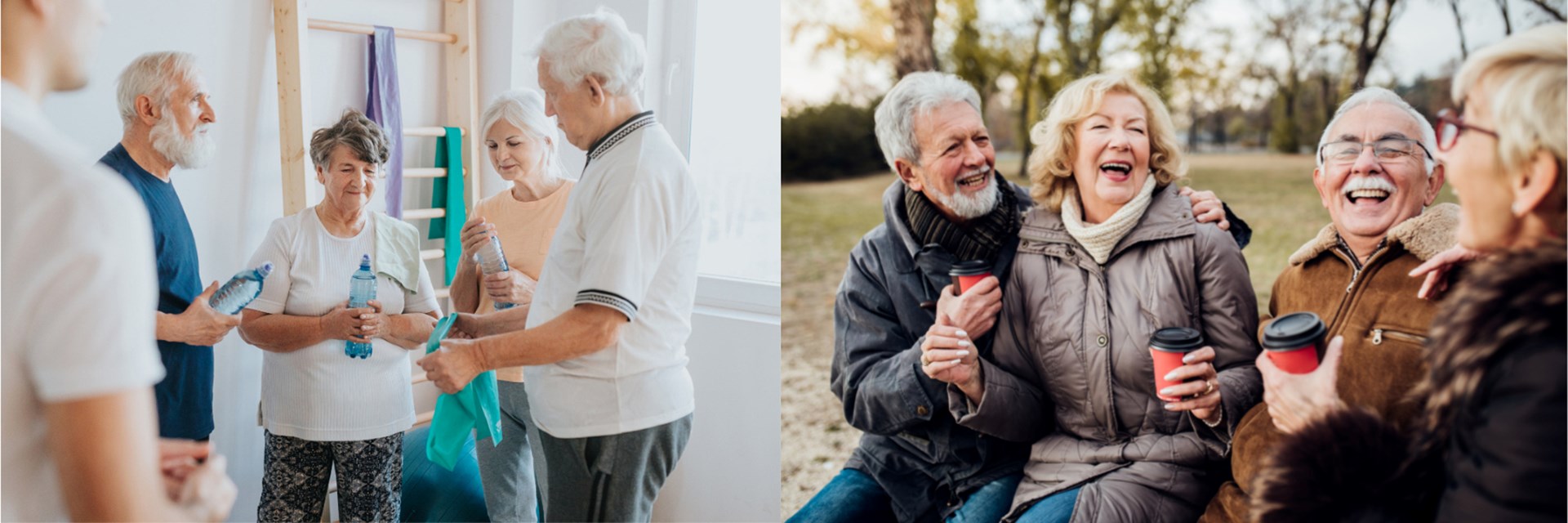Why is it important to look after our mental health?
Our mental health changes how we think and feel, which can either be a positive or negative effect. There are times in our lives when we may have problems with our mental health, causing us to feel a number of ways such as anxious, nervous, fearful or worrisome.
We have taken some time to discuss causes that can shift our mental health and the impacts that it can have on our daily lives and look at ways that we can address some of these feelings and work ways to manage it effectively.
If you feel that you need professional support and advice we recommend that you speak to your doctor or a local mental health team. Many services now have a self-referral system that you can use. The NHS has several online questionnaires and referral tools that you may find helpful.
What causes a shift in our Mental Health?
There are many causes that affect our mental health, some people find that there are multiple causes whilst some can’t always pinpoint the cause. Factors that affect our mental health can include abuse, trauma, loneliness, poverty or debt, bereavement, long-term stress, drug and alcohol misuse or physical causes such as neurological conditions.
Whilst these causes are quite serious and can lead to mental health problems, there are also lifestyle factors that can affect us such as work, diet, lack of sleep and daily worries.
We have put together some tools and ideas that may help alleviate some stress and worry and help to manage mental health problems.
Writing things down
Many people find that writing our thoughts down is a great way to relieve tension as we can take thoughts out of our mind and put them on paper. This is a helpful way to prioritise any problems you may have and address any fears or negative thoughts. It is useful to be able to visualise the things that are a concern and gives us the opportunity to address each issue separately. Other benefits of doing this are:
- A clearer mind
- Helps with decision making
- Allows you to see your progress
- Reduces stress and anxiety
- Helps to gain self-confidence
This NHS video has some interesting information around the benefits of writing down your thoughts.
Connect with people
One of the things many people struggle with is opening up to others and/or connecting with people at times when they are struggling with their mental health. It is good to talk to people, to get out your feelings and concerns and accept help and advice from others. You may be surprised once you open up to others to find that they too may have similar struggles and experiences.

Improve your sleep
Sleep is an essential part of our daily lives, we need sleep to feel rested, improve brain performance, improve concentration and support our immune system. The Sleep Foundation recommends that adults need between 7 and 9 hours of sleep per night. There are many ways that you can get a better sleep cycle:
- Keep regular sleep hours
- Confront sleeplessness
- Create a restful environment – for ideas of how to sleep better the NHS have put together a useful video.
- Write down your worries to clear your mind before you sleep
- Move more through the day to sleep better
- Put down the ‘pick-me-ups’ such as caffeine and alcohol close to bedtime
We have an interesting blog about getting a good nights sleep which has some tips you may find useful.
Exercise
Exercise releases endorphins that make you feel better and give you more energy. Doing something physical releases cortisol which helps to manage stress. Going out for a brisk 10 minute walk is a great start to improving your fitness levels. There are many home workouts that you can do if you are unable to get outside, here is a video with a workout that you can try from the comfort of your own home.
Did you know?
The NHS has its own online fitness studio, where you can watch many exercise videos for free. It has exercises tailored to people of different fitness levels and abilities.
We also have some useful exercise videos in our blogs:
Find a new hobby
Having a hobby has many positives, it can help you connect with others, release anxiety and stress levels, increase creativity and much more. There are many hobbies out there and new things to try, some of which include:
- Gardening
- Reading
- Playing an instrument
- Walking
- Fitness classes such as Yoga or Pilates
- Fishing
- Swimming
- Baking
- Volunteering – read Sylvi’s story about how volunteering helped her mental health.
How Abbeyfield can help
At Abbeyfield we aim to support our staff and residents as much as possible particularly during tough times. Our homes offer companionship and support with the added benefit of bills and meals being taken care of, meaning you have one less thing to worry about. Our staff are trained to assist residents in any way they can and be there to listen if they need someone to talk to.
We offer a varied activity programme in many of our homes and encourage residents to continue with skills and hobbies or to try something new. Some of our homes also have regular exercise classes and walks that you can join in with.
Loneliness can have a big impact on our mental health which can affect anyone at any age. It is nice to have someone to turn to, to share your thoughts and feelings but not everyone has the ability to do so. That’s why at Abbeyfield we strive to alleviate loneliness in older age.
Everyone is welcome at Abbeyfield. No matter what house you visit you will find a warm, open and friendly atmosphere. Community is at the heart of Abbeyfield, where people come together to share meals, companionship, and to enjoy life. Abbeyfield is more than just a home, it’s a neighbourhood, a community and most importantly a family.
Abbeyfield’s Mission
Alleviating loneliness is at the heart of what we do. It was the vision of our founder, Richard Car-Gomm, and it is an ethos that still runs through everything we do today. We've always been dedicated to having friendly houses that are well linked to their local community and are committed to enhancing the lives of residents by bringing everyone together for delicious shared meals and plenty of fun activities.
Are you ready to search for your perfect home?
At Abbeyfield we are ready to welcome everyone with open arms. You will find our homes warm , open and friendly. Abbeyfield is more than just a retirement home, it is a community, companionship and a family.


Useful links for further help and advice
If you feel that you need to talk to someone about the way you are feeling, there a many helpful places to turn to:
Next Steps
Heathy eating and nutrition
Advice about eating healthy and maintaining a healthy weight later in life.
Exercise advice for older people
Find lots of exercises and tips on keeping fit and taking part in new activities.
The benefits of music
Learn how the power of music can benefit your mind and body.

